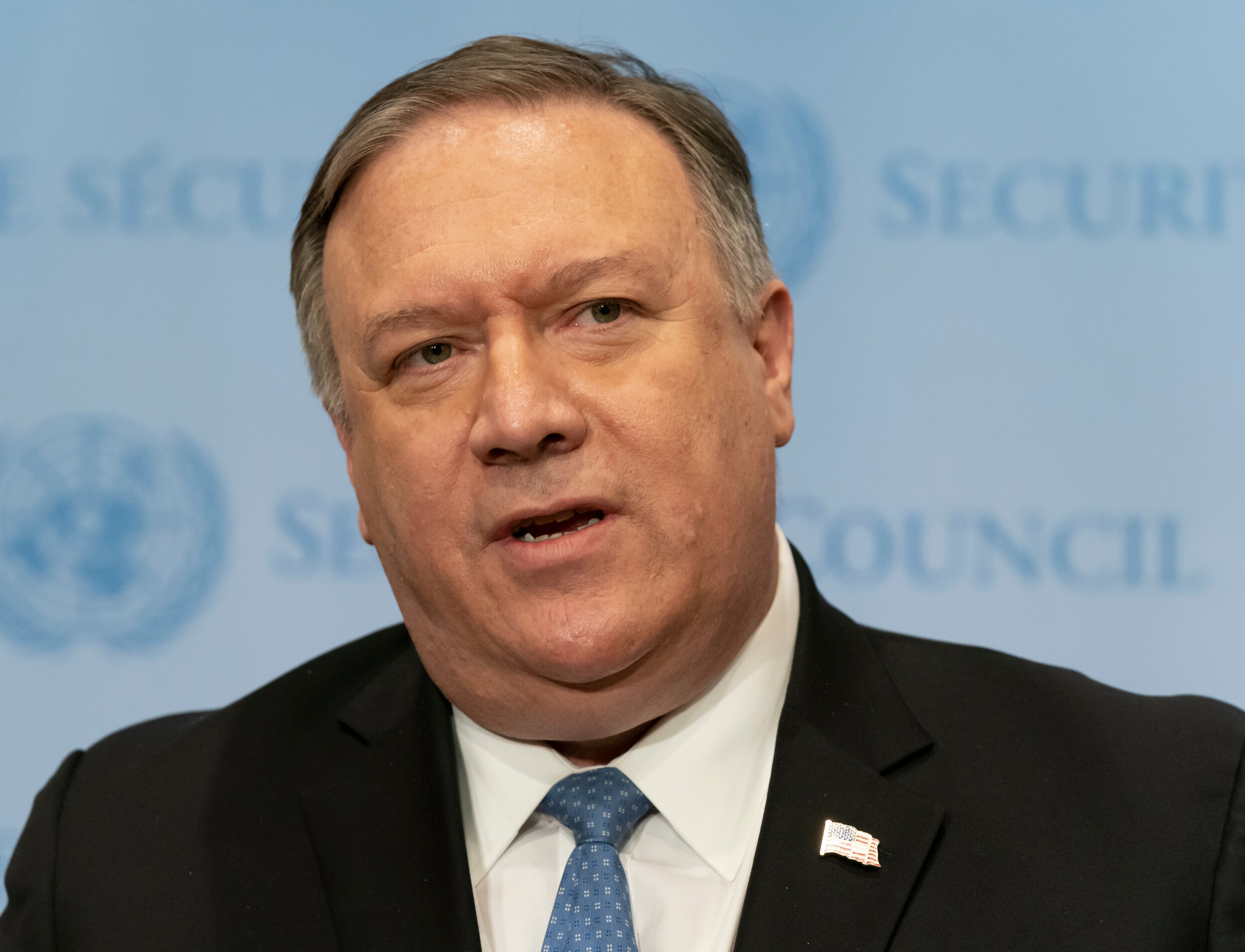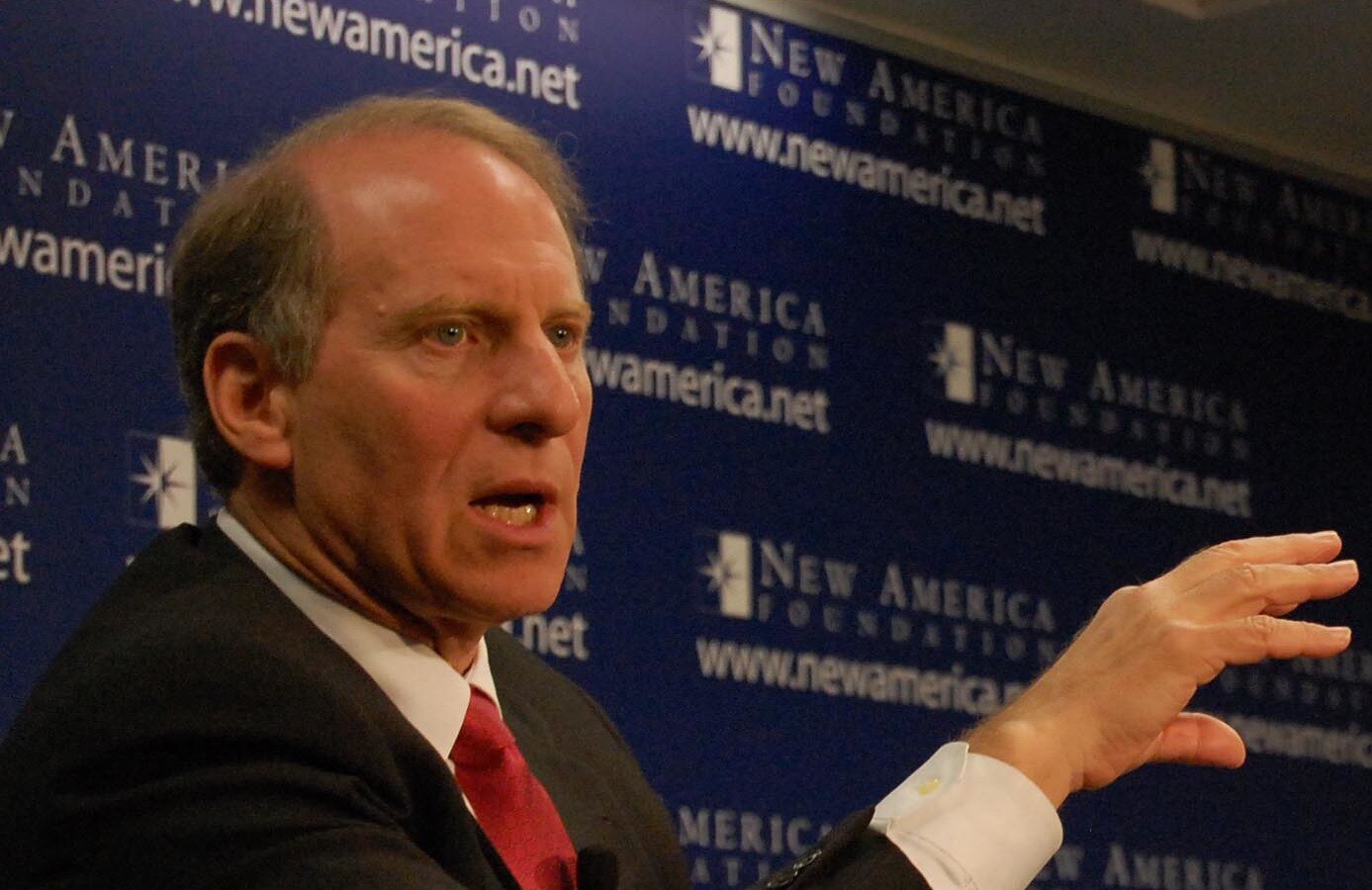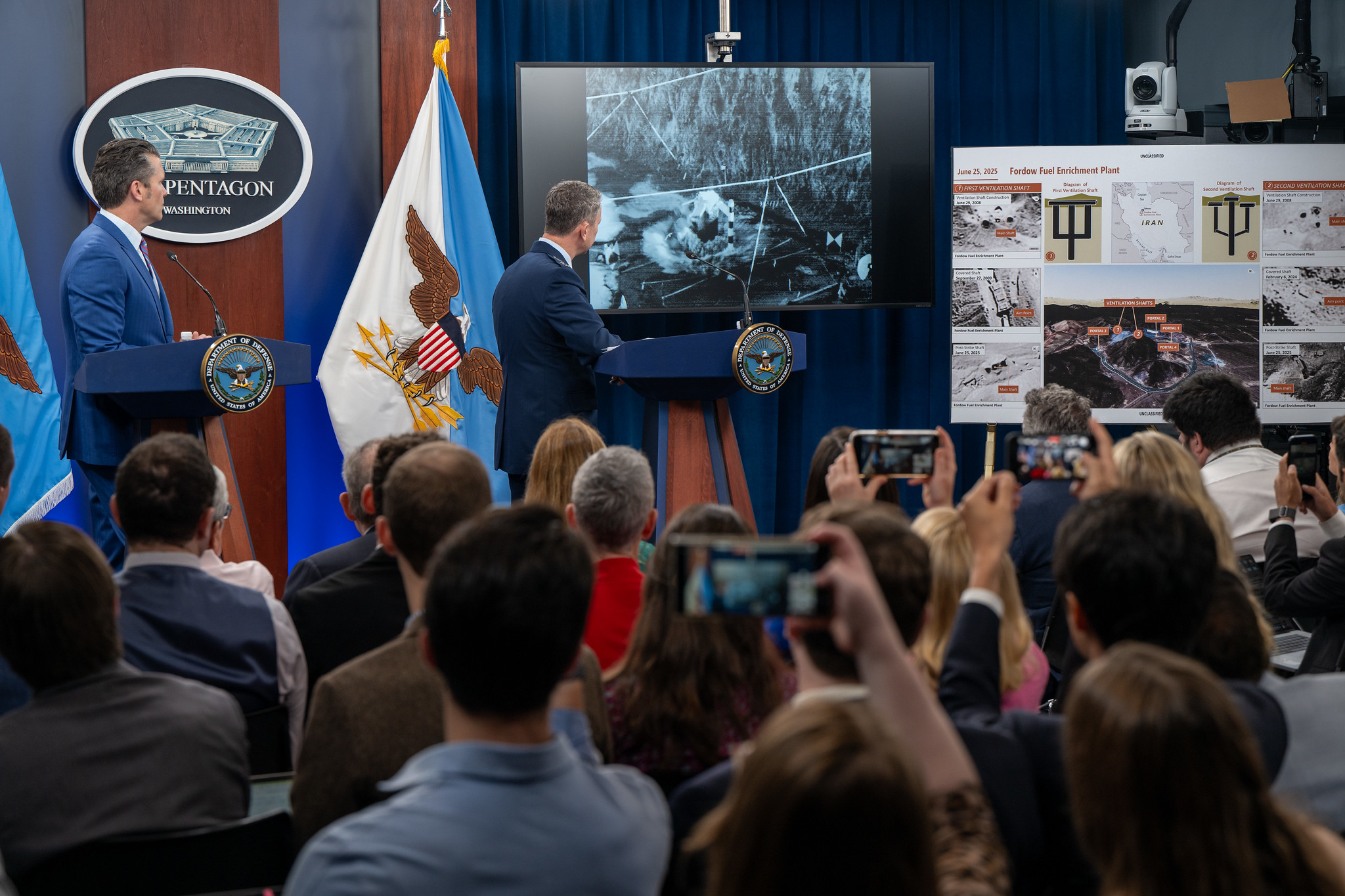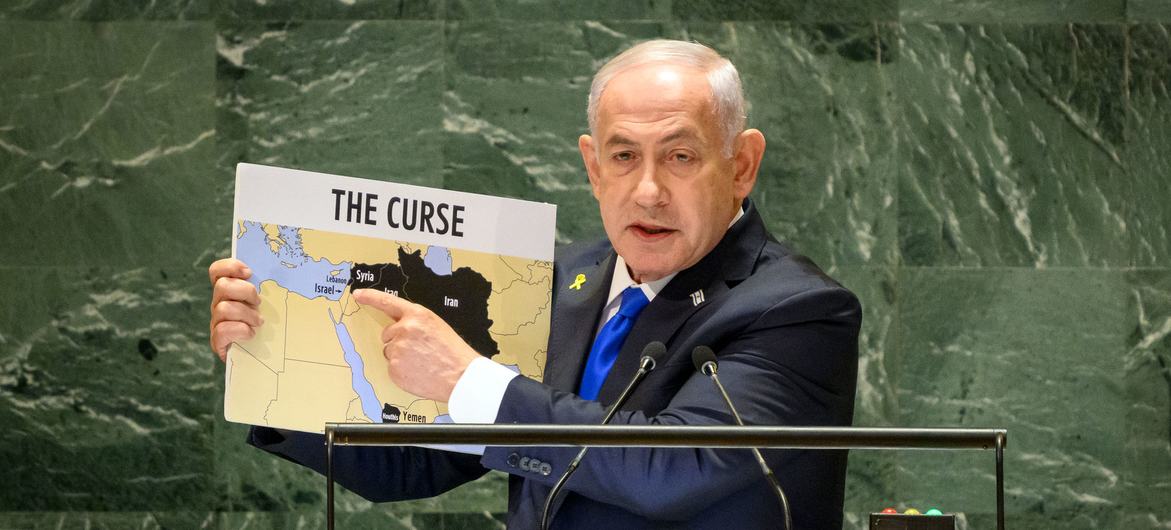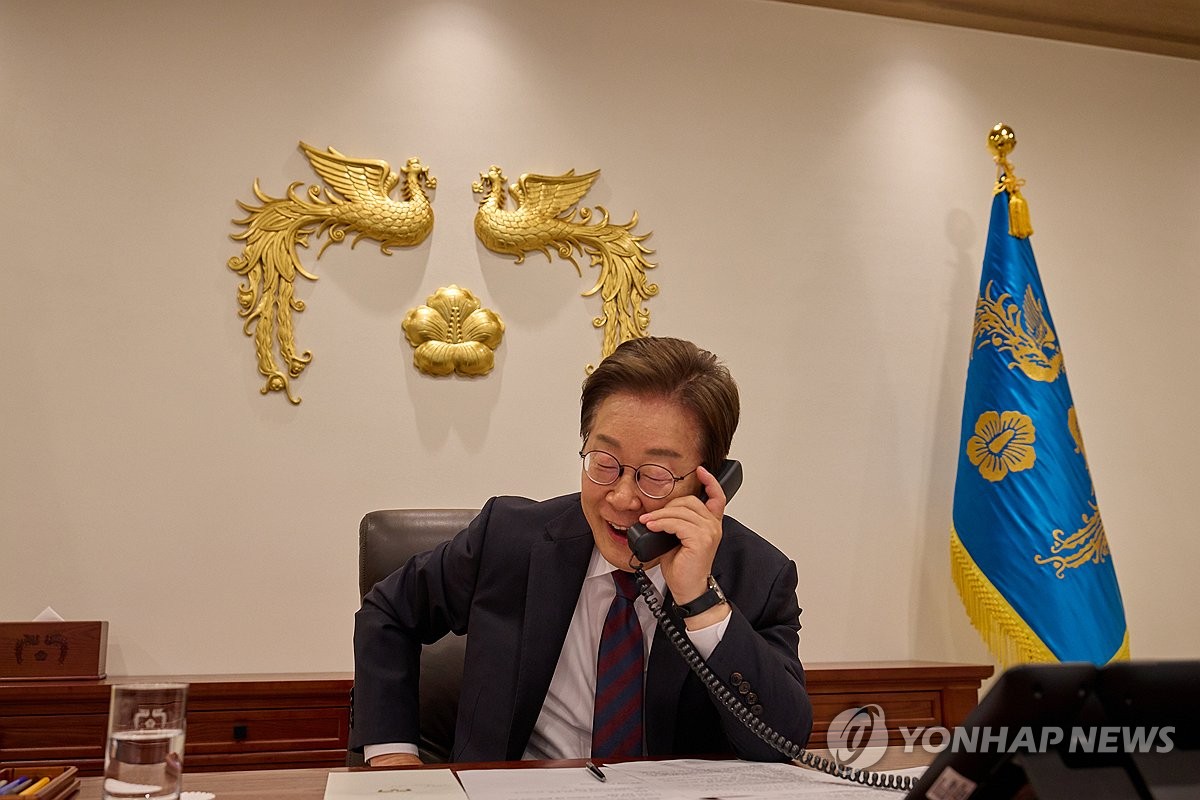WASHINGTON D.C. Tuesday, January 14th 2020. Sec. of State Mike Pompeo refused to testify before a hearing of the House Committee on Foreign Relations regarding the legality and wisdom of the targeted assassination of Iranian IRGC Maj. General Qassem Soleimani.
“Each passing day raises new questions about the strike that killed General Soleimani,” Committee Chair Eliot Engel (D – NY) said in a statement the day before. “Was there really an imminent threat? Was it part of a larger operation? What was the legal justification? What is the path forward?”
In his opening statement, Engel enumerated the inconsistencies in the Trump Administration’s explanation of the legality of the strike. “We heard the strike went forward because Soleimani did so many bad things in the past and was plotting for the future, but when that didn’t work they went back to an imminent threat, but we don’t know where or when it would take place, in fact we don’t even know if it was imminent,” Eliot said.
“Next an embassy was going to be attacked, then 4 embassies were going to be attacked, then maybe it wasn’t 4 embassies, then it was widely reported that there was a another failed strike on a different Iranian Quds force official in Yemen”.
According to The Intercept, the Yemen strike which Engel refers to was aimed at killing Abdul Reza Shahlai, the commander of the Quds division in Yemen. However while the administration continues to go left and right about the justification for the strike against Soleimani, precious little has been said to justify the attack on Shahlai.
“Neither the post 9/11 authorization or the 2002 Iraq War authorization, could possibly be contorted into an explanation into attacking Iran in Yemen,” said Engel regarding Shahlai.
PICTURED: Richard N. Haass, President, Council on Foreign Relations. Photo credit: New America. CC 2.0
Political realities
In his opening statement, ranking member of the committee Michael McCaul (R – TX) reminded the hearing that the committee “stands with the people of Iran,” after denouncing the actions of the Iranian regime after “the November protests which saw the internet closed down and 1,500 people killed” according to McCaul.
McCaul mentioned the protests were “sparked by an increase in gasoline price,” and bore a similar narrative to remarks made by Pompeo to members of the press on the 26th regarding the protests which the Secretary attributed to “poor economic management”. It was Trump, Pompeo’s boss, who described the sanctions on Iran’s economy as “crippling,” and it seems remarkable that neither Pompeo, nor McCaul would mention that in their statements.
Last year, these crippling sanctions on Iran restricted their ability to export oil to all but a handful of countries. The first quarter of 2019 saw significant oil exports only reaching Japan, South Korea, China, and India.
Among the witnesses to testify on Tuesday was Richard Haass, President of the Council on Foreign Relations and former Middle-East Advisor to H. W. Bush.
Drawing a more complete picture of the troubled country, Haass reminded the committee that it was only after the decision to leave the JCPOA and apply “significant sanctions,” which “constitute a form of economic warfare” that Tehran began to “Institute a series of military actions meant to make the United States and others pay a price for these sanctions, and therefore to conclude they needed to be removed”.
“Regime change in Iran is unlikely,” said Haass in his opening statement, detailing what he described as the “political realities,” of the situation.
“The Islamic Republic is resilient,” he said, adding that even if that assessment proves wrong, there’s no knowing “when it might prove wrong.
“As a result regime change cannot be the basis of U.S. strategy. It is beyond our capacity to engineer, and recent events around the region should have taught that even if regime change happens, it’s not necessarily a panacea that comes afterwards,” he said.
“The action appears to have been taken largely to send a message to the Iranians and to disrupt future unspecified attacks,” testified Avril Haines, former Deputy Director of the CIA.
Haines ensured those gathered that it if the assassination was some manner of message, and wasn’t taken in order to prevent an imminent attack, that it would be “impossible for our allies and partners not to view it as a violation of international law,” she said.
The failure of Pompeo to testify could support the claims made by Senators Mike Lee (R – UT) and Rand Paul (R – KY) who described the Senate briefing on evidence behinds the ‘imminent threat’ claim as being “the worst briefing I’ve ever attended,” and a briefing where “I learned nothing” said Paul and Lee respectively.
Continue exploring this topic — Maximum Pressure On Iran Pushes Her Away From Negotiations, Not Towards Them
